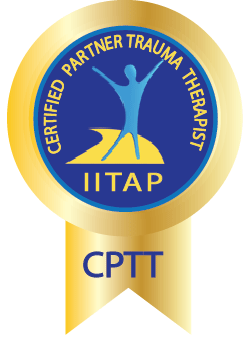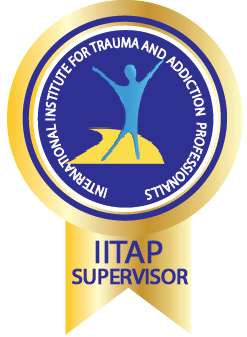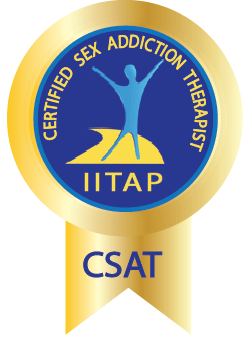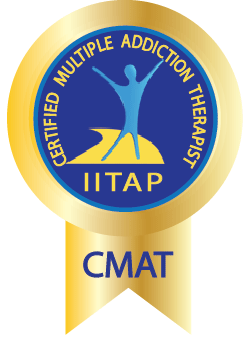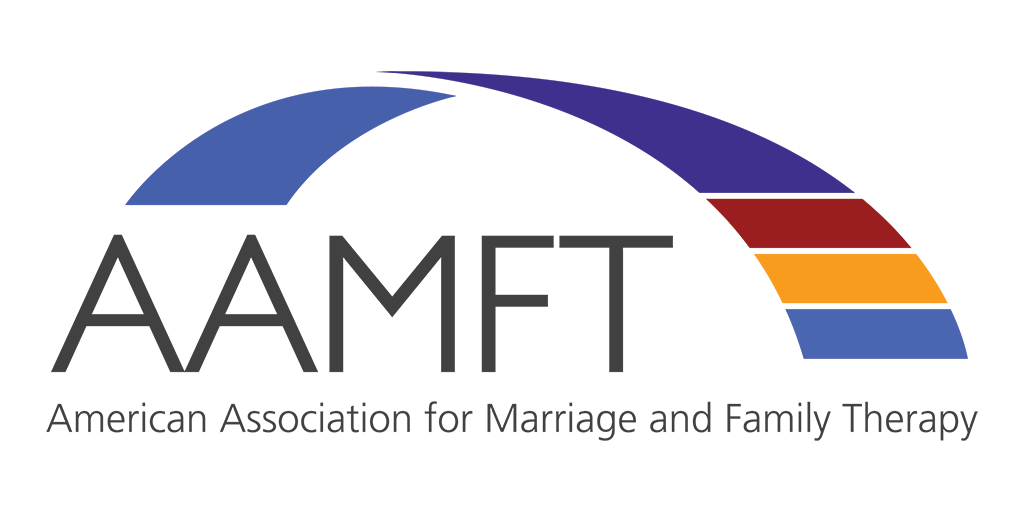One of the most powerful aspects of recovery is learning how to forgive yourself. Often, people carry deep guilt, shame, or regret from their past especially when struggling with addiction, trauma, or harmful behavior patterns. Self-forgiveness isn’t about forgetting what happened or excusing poor choices. It’s about recognizing your growth, reclaiming your worth, and allowing yourself to move forward with compassion and accountability.
Here are five steps to help you practice self-forgiveness during your recovery journey:
1. Acknowledge the Past with Honesty
Begin by facing what happened. Acknowledge your mistakes, the harm caused, and how those actions affected others and yourself. Avoid justifying the behavior, but also avoid harsh self-judgment. This step is about taking ownership while honoring your effort to change.
2. Separate the Behavior from Your Identity
You are not your past. The decisions you made may have been shaped by pain, trauma, or circumstances beyond your control. Self-forgiveness involves recognizing that while you may have done something wrong, you are not inherently ‘bad.’ You are a human being learning and healing.
3. Make Meaningful Amends
Whenever possible, take action to make things right. That could be through a direct apology, acts of service, or honest communication. If reaching out isn’t an option, write a letter, perform a symbolic act, or commit to living differently moving forward. Making amends restores your sense of responsibility and integrity.
4. Practice Ongoing Self-Compassion
Self-forgiveness is a process, not a one-time act. Be patient with yourself. Speak to yourself kindly. Replace self-criticism with affirmations of growth and intention. Engage in daily self-care practices rest, journaling, mindful reflection to reinforce your value and care.
5. Focus on Growth, Not Perfection
Understand that setbacks may happen, but they don’t erase your progress. Recovery and healing are not linear. What matters is your willingness to grow and learn from each experience. Celebrate small victories, and trust that your future doesn’t have to look like your past.





